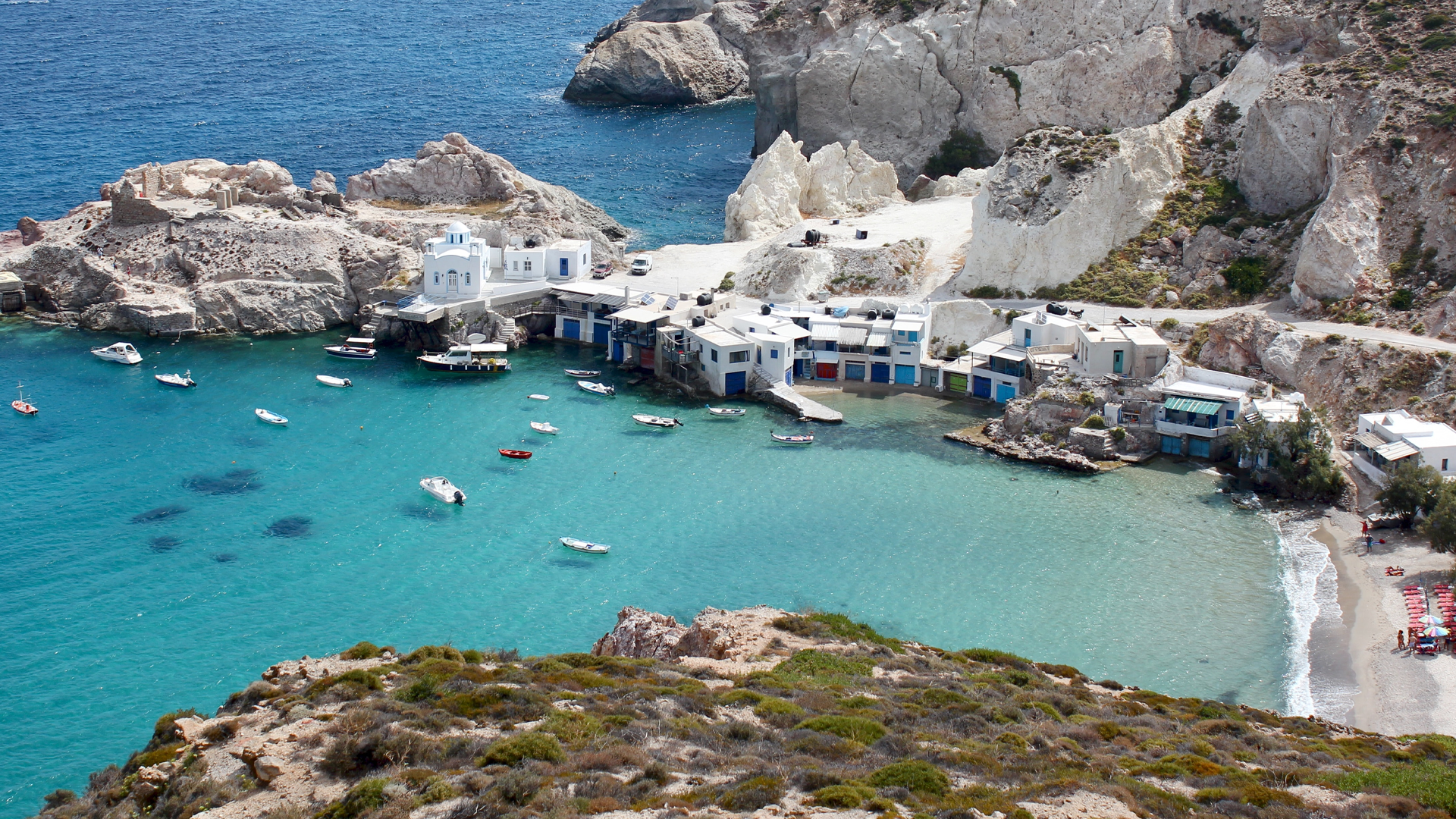The decision comes after the country’s tourism minister declared full access to the sea a basic human right.
Greece, known for its stunning coastline and turquoise waters, is taking a momentous step towards inclusivity and accessibility by making its beaches wheelchair accessible.
This progressive initiative aims to provide people with disabilities an equal opportunity to enjoy Greece’s natural wonders.
With this bold move, Greece is not only enhancing the quality of life for individuals with disabilities but also paving the way for other tourist destinations to follow suit.
280 beaches across the Greek coasts will be fitted with SEATRAC systems, a fixed track mechanism that includes a remote control-operated chair that can be moved in and out of the water.
SEATRAC founder Gerasimos Fessian developed the company after dealing with his own mobility problems.
Having lived by the sea in Greece for years, he knew first-hand the difficulties of getting in and out of the water as a disabled individual.
“When I realized the gaps in accessibility issues, I was fascinated,” Fessian’s business partner, Ignatios Fatiou, said – having started researching potential solutions with Fessian after they both discovered barely any devices existed to provide seaside support.
SEATRAC can be installed on various kinds of terrain, and is currently available on beaches across Greece, Italy, Cyprus and Latvia.
The company has also introduced the ‘accessibility chain’, meaning disabled people will have access to parking, walkways, accessible changing rooms, toilets and shaded areas.
This holistic approach to accessibility is what sets SEATRAC apart. It also highlights how nearly every space we inhabit is, first and foremost, built with able-bodied people in mind.
‘It is time for the world to be more accessible’ says Fatiou. ‘All beaches around the world should be fully accessible so that everyone is free to enjoy the sea independently and safely’.
Greece’s decision to make so many beaches wheelchair accessible goes beyond merely providing physical access.
It sends a powerful message; that disabled people are valued, and that the inclusion and well-being of all individuals should come first, regardless of their physical abilities.




















